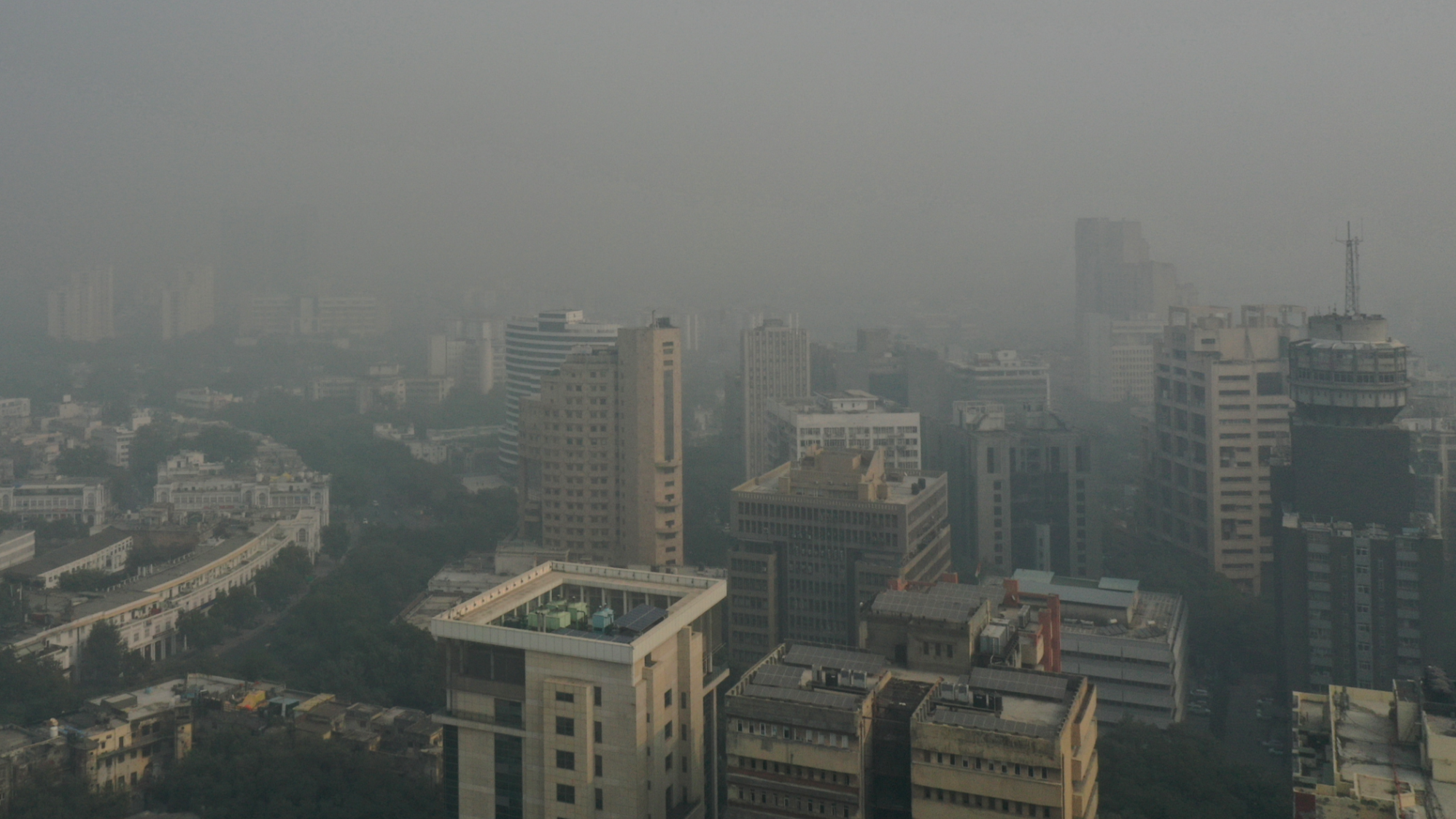
Nearly half the families in and around Delhi have sought medical help for respiratory ailments connected to severe pollution engulfing the capital, according to a new survey.
About 81 percent of respondents to a questionnaire by the pollster LocalCircles reported that one or more family members are experiencing an illness connected with exposure to toxic air. Four out of ten households consulted a doctor, in the most severe cases by going straight to the hospital.
Answering a separate question, half of the participants said that in the past three weeks they have bought medicines or devices including cough syrup, inhalers and in some cases antibiotics.
READ MORE: Bangladesh, Pakistan, India had the worst air quality in 2023
The survey results underscore the risks that environmental degradation poses for Prime Minister Modi’s administration as it seeks to expand the economy in the world’s largest nation. Prolonged exposure to airborne toxins, which authorities have historically failed to address, contributes to an estimated one million yearly deaths in the country.
“It is a public health concern and we are going to escalate this survey to the government today,” LocalCircles founder Sachin Taparia said, adding that he will be approaching both national and local authorities.
A spokesperson for the Ministry of Health and Family Welfare was not immediately available for comment.
The LocalCircles survey, which reached about 11,000 respondents for each of the two questions, provides a rare snapshot of the immediate health impacts of the capital’s poor air quality.
READ MORE: Air pollution in New Delhi turns 'severe', some schools shut
Delhi remains one of the most polluted cities on the planet all year round, but the situation worsens during colder months. This year, pollution levels in the capital have fallen into the ‘very unhealthy’ or ‘hazardous’ category for 25 days in the last month alone, according to the Swiss monitor IQAir.


